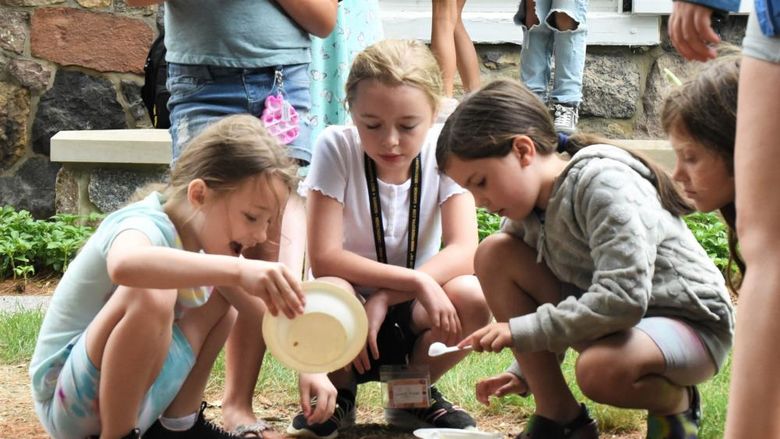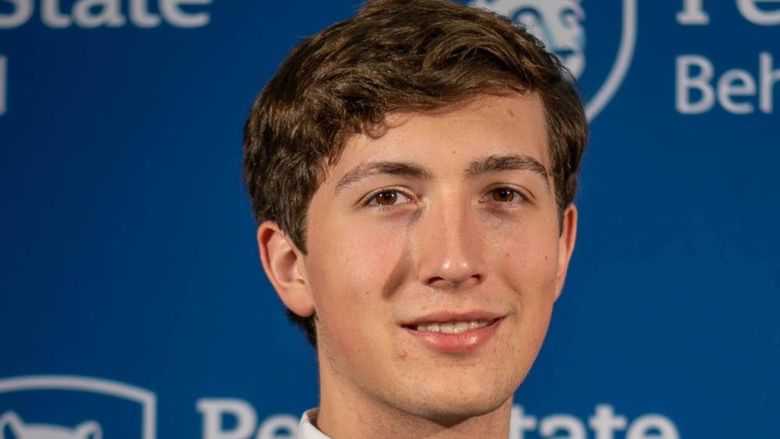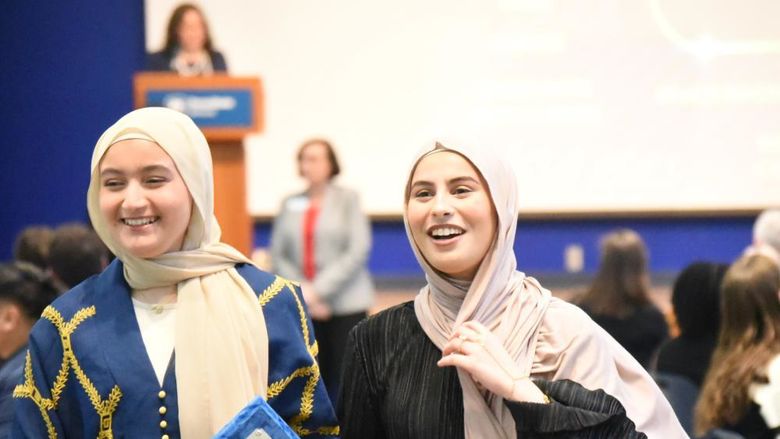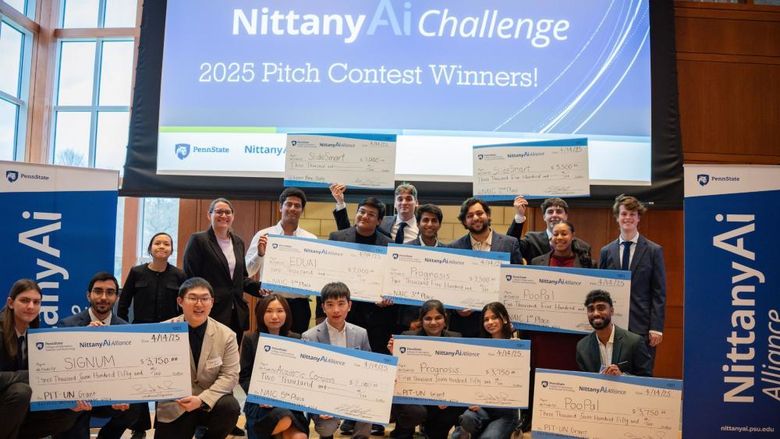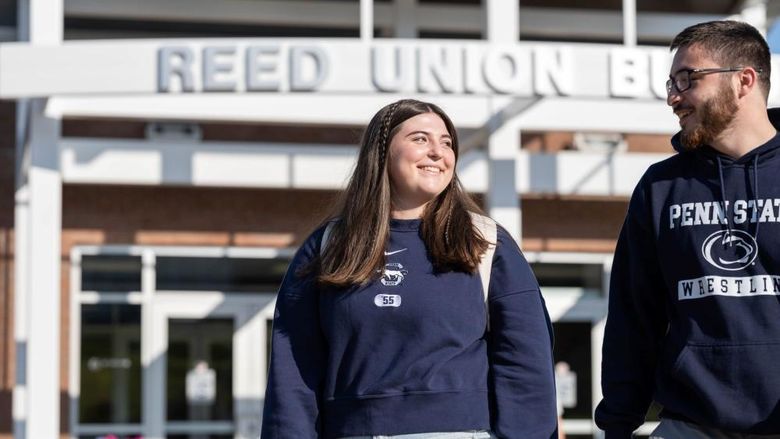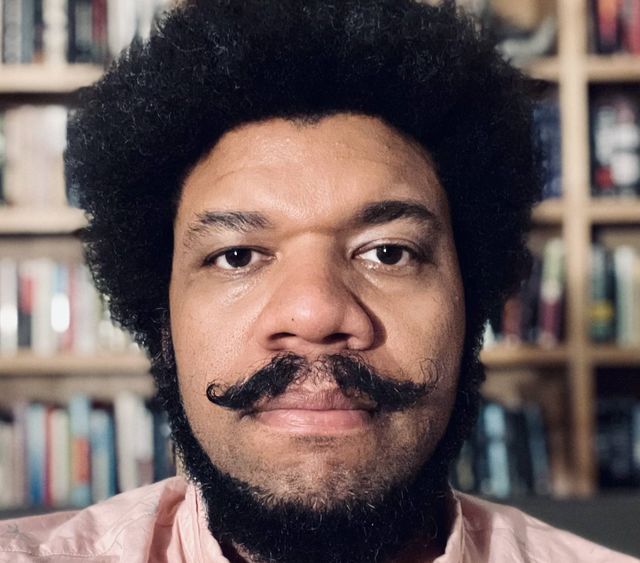
Jotham Austin II uses electron microscopy to study plant cells at the University of Chicago. In his spare time, he separates fact from fiction in popular sci-fi.
UNIVERSITY PARK, Pa. — In his lab at the University of Chicago, the botanist Jotham Austin II uses electron microscopes to study cells that are frozen in a “live” state — preserved with their structural and biochemical activity intact.
On Substack, and on his podcast, “Rabbit Hole of Research,” Austin thinks bigger. He tests the science in popular sci-fi: zombies, mutants, rogue AI. He talks a lot about “handwavium,” a made-up term for how writers wave their hands at — and basically abandon — real science in order to keep their stories moving forward.
Put another way: He fact-checks “Star Trek.”
Austin, a 1996 graduate of Penn State Behrend, will discuss both approaches to scientific study when he visits the college April 15 for the final installment of the 2023-24 Speaker Series. His talk, “Seeing Small, Thinking Big: Using Electrons and Words to Understand Life,” will begin at 7:30 p.m. in Burke 180. The program is free and open to the public.
Austin earned a bachelor’s degree in biology at Behrend. He went on to complete a doctorate in botany at Arizona State University. He currently works as a research associate professor and the facility director of advanced electron microscopy at the Gordon Center for Integrative Sciences in Chicago. The lab is part of a $25 million U.S. National Science Foundation initiative to boost quantum science.
“My vision of the facility is one similar to a ‘Powers of 10’ approach,” he said, “in that we can take any biological problem and image it at every resolution scale: at the protein level, at angstrom scale, moving up to cell tomography and nanometer scale, and then even at large volume.”
His pop-culture work has even broader scope: In a recent episode of the podcast, Austin and his co-host, Nick Elizalde, discussed the 2-4-5 Trioxin in the 1985 film “Return of the Living Dead.” In the film, a release of the chemical reanimates the dead as zombies. Trioxin is based in part on Agent Orange, a defoliant used by the U.S. Army in the Vietnam War, Austin explained. It’s different from Trioxane, which is used by morticians to maintain the contours of a corpse.
Austin also has written long-form fiction — a novella, “Eve,” about a werewolf who falls in love with a human; and a sci-fi novel, “Will You Still Love Me, If I Become Someone Else?”
Austin’s talk at Behrend will conclude the 2023-24 Speaker Series. As part of the college’s 75th anniversary celebration, this year’s series has showcased Behrend alumni and others with connections to the college. Previous talks featured Jeremy O’Mard, a senior managing consultant at IBM Consulting; Ainslie Brosig, executive director of the ExpERIEnce Children’s Museum; and Matthew White, the founder of Erie-based Whitethorn Games.
Austin’s talk is sponsored by the School of Science, the Division of Student Affairs and the Harriet Behrend Ninow Memorial Lecture Series Fund. To learn more, visit behrend.psu.edu/speakerseries.
Robb Frederick
Director of Strategic Communications, Penn State Behrend
